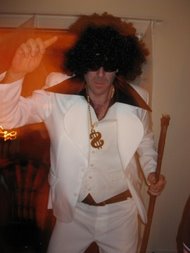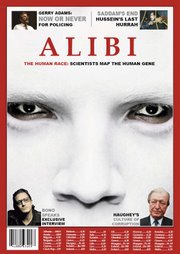 LONGTIME CBS anchorman Dan Rather criticised the performance of the American fourth estate in a keynote speech at The South by Southwest Interactive recently.
LONGTIME CBS anchorman Dan Rather criticised the performance of the American fourth estate in a keynote speech at The South by Southwest Interactive recently.The renowned newsman, said that American journalism had in some ways “lost its guts” when it came to questioning power especially in times of war.
Rather left CBS following the questionable veracity of a story he covered on President Bush going AWOL during his military service, "In many ways," said Rather "what we in journalism need is a spine transplant."
"I do not exclude myself from this criticism. By and large, so many journalists-there are notable exceptions-have adopted the go-along-to-get-along attitude,” he said. Often news reporters are influenced by politicians and corporate organizations who cultivate friendly relations with the media.
"The nexus between powerful journalists and people in government and corporate power," he said, "has become far too close."
Rather also said that the concentration of media ownership has hurt the search for the truth in newsrooms. “As media conglomerates get bigger, the gap between newsrooms and boardrooms grows, and the goal becomes satisfying shareholders, not citizens.” He said.
Rather, now working for HDNet network, saw a lot of potential for new forms of journalism, especially the citizen journalist. He touched on the state of the Internet as a way to get information and news to people.
"The Internet is a tremendous tool for not just news, (because) its potential is unlimited for that," Rather said, but for "illumination and opening things up." Rather was unsure how to strike the right balance between professional and citizen journalism, but asserted that the market would eventually sort this out.


